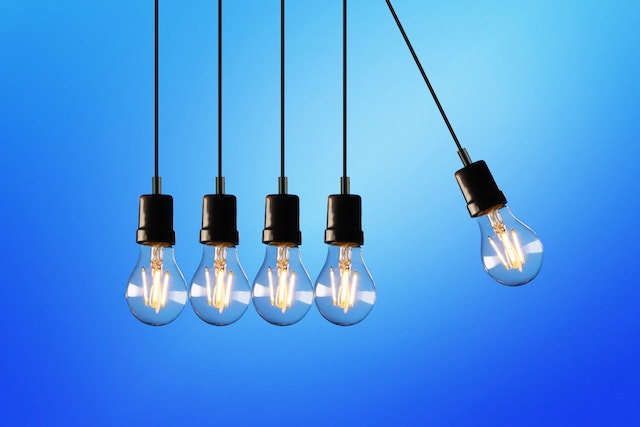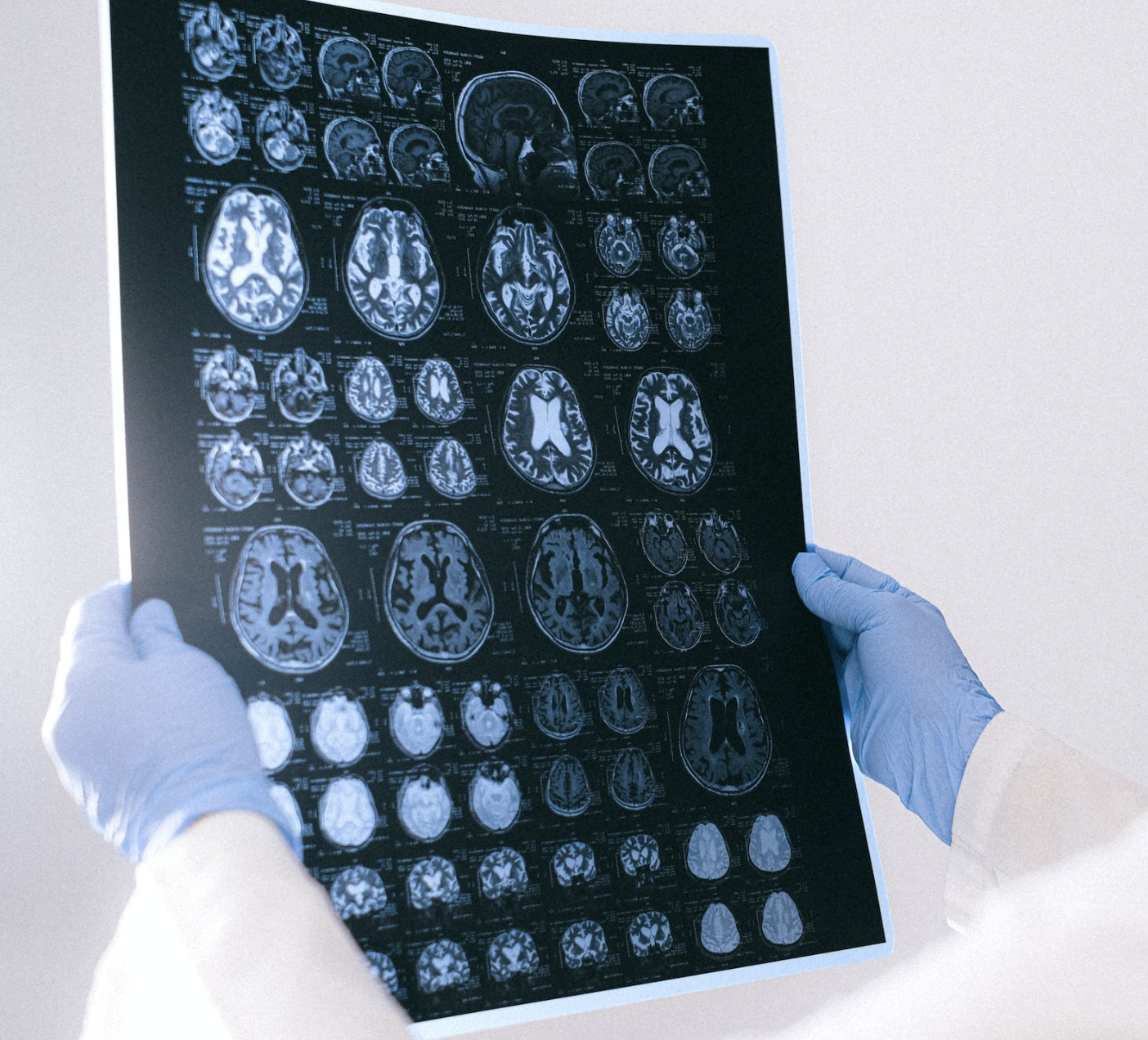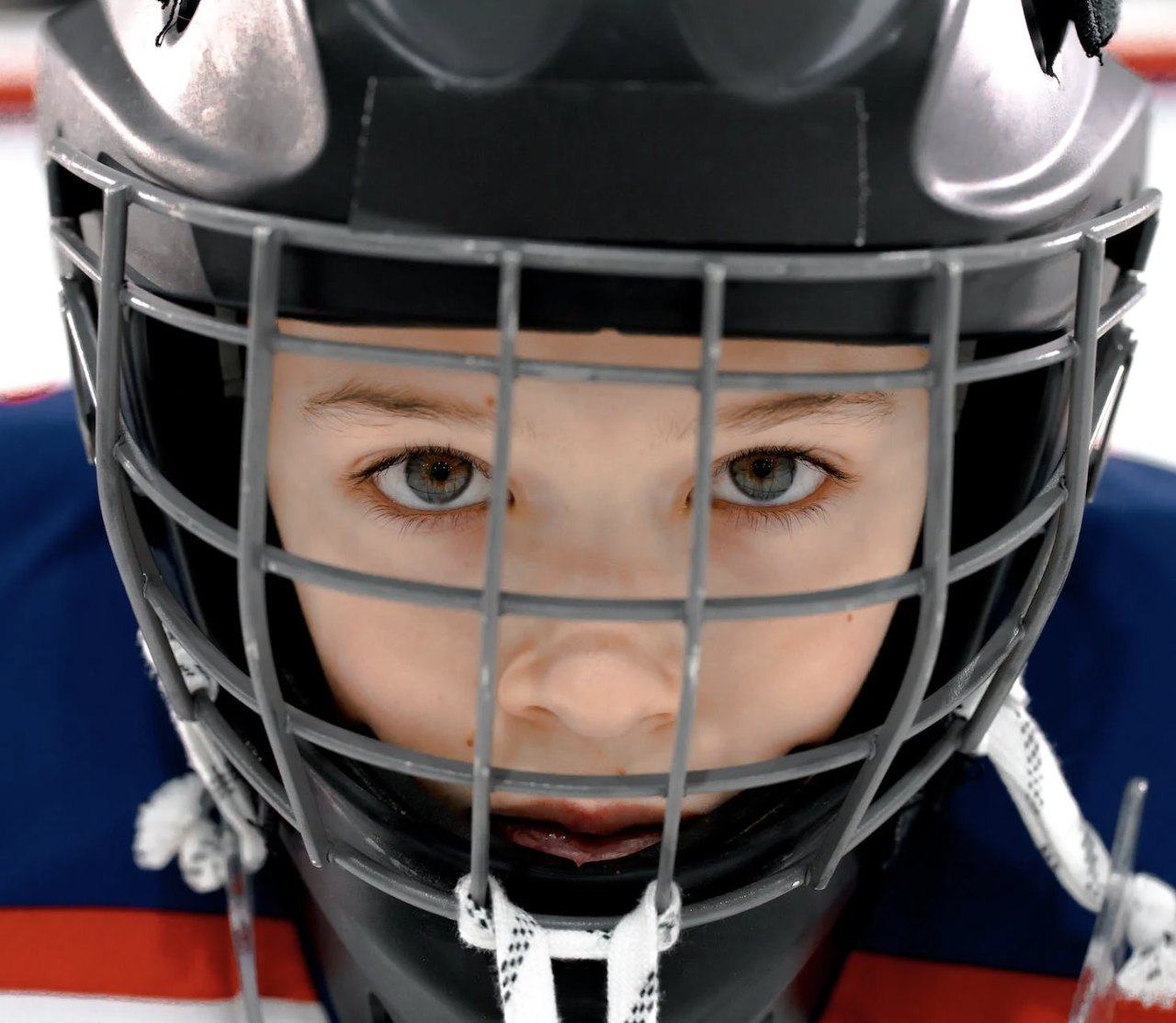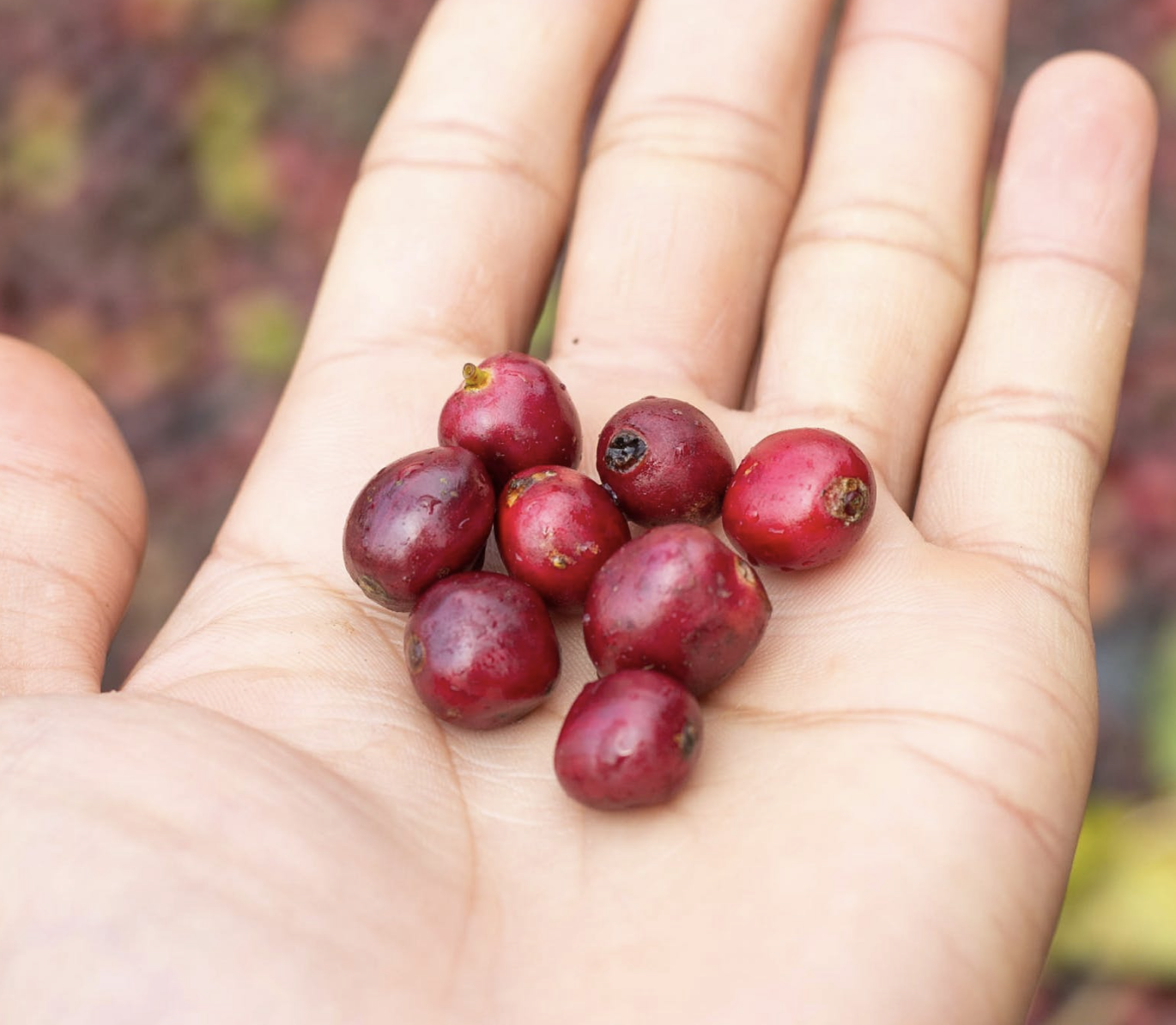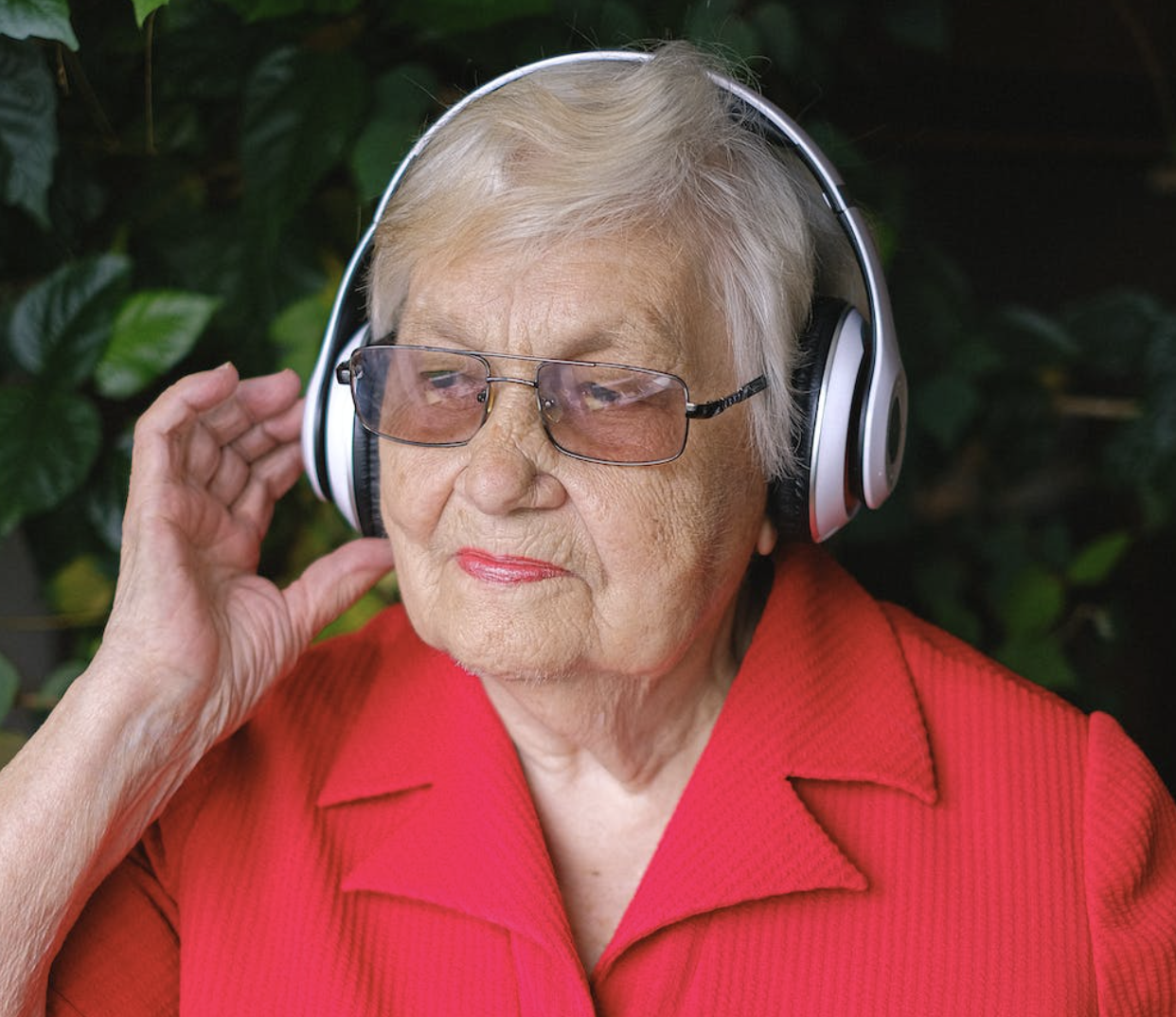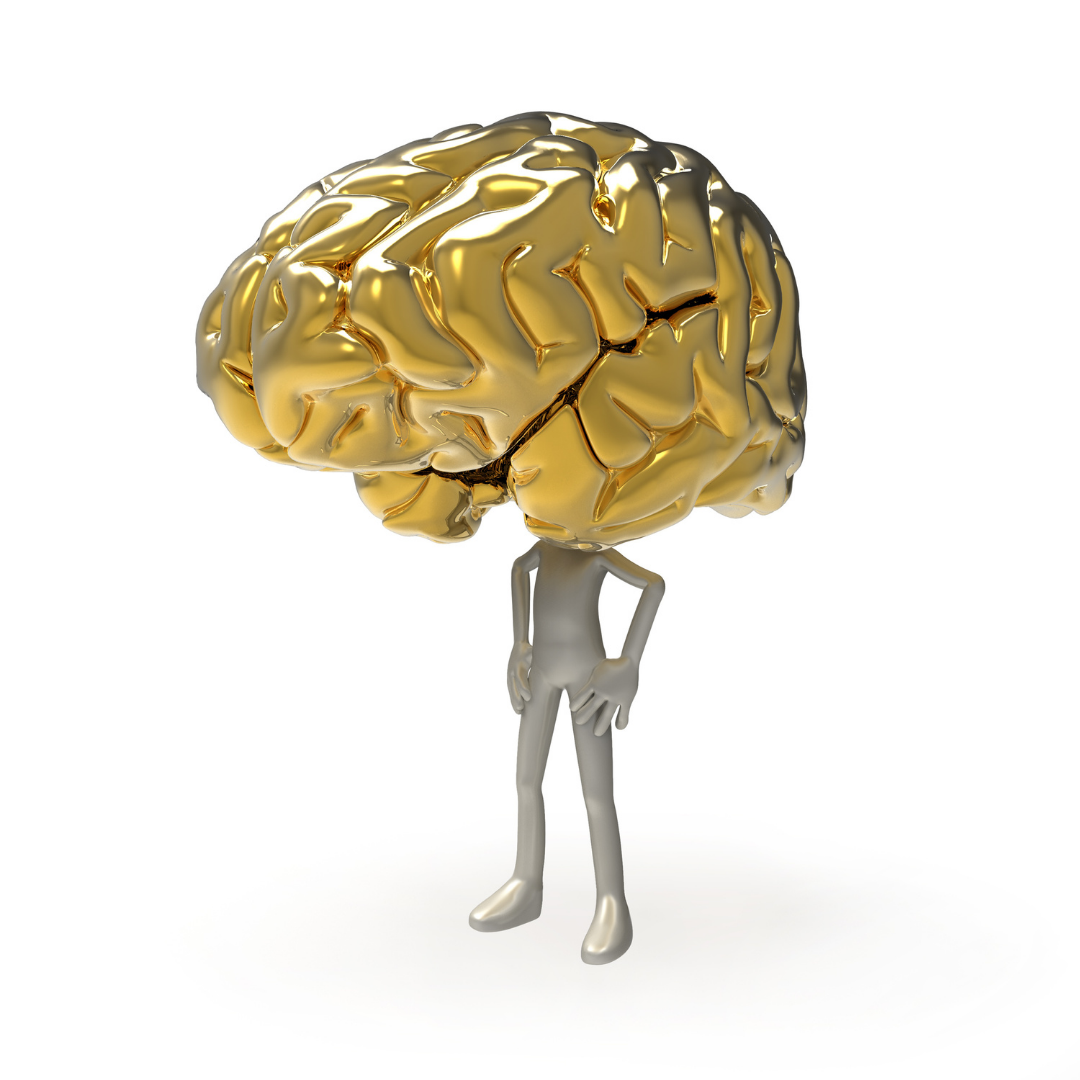A new study indicates that creativity to can be trained thanks to something called “emotional reappraisal.”
A new study indicates that high amounts of salty, processed foods may also induce anxiety and aggression.
How could two kids need such different amounts of sleep at the same age? Sleep experts may have an answer.
A new study has found that adults with mild cognitive decline show less brain shrinkage and better daily functioning from doing web-based crossword puzzles compared to playing video games.
You don’t need to be a doctor or caregiver to someone with a traumatic brain injury to recognize some of the visible symptoms. But new research published in the April 28, 2022 issue of JAMA Network Open indicates that head injuries of any severity may be linked to an increased risk of chronic endocrine, cardiovascular, psychiatric, and neurologic comorbidities.
For youth athletes who experience a concussion, “gone are the days of resting in a dark room.” A new multi-site study published by the British Journal of Sports Medicine has found that starting physical activity three days post-concussion is safe and has better outcomes.
Cranberry supplements may have a reputation for preventing urinary tract infections, but the sour fruit may have a new health benefit to boast: improved memory and brain function in older adults.
Eating the recommended daily allowance of fruits and vegetables is a struggle for most adults, let alone picky kids. But a new study published in the journal Nutritional Neuroscience suggests that a diet high in fruits and vegetables may reduce symptoms of inattention in children with ADHD.
Age-related memory loss has been a slow mystery to unravel among the neuroscience community but a new discovery may provide some insight into what causes it.
Research published in the May 20, 2022 issue of the journal Current Biology suggests that, despite experiencing age-related effects at the neuronal level, some people may be resilient to cognitive decline.
A new study published in the September 5, 2022 journal Molecular Psychiatry showed how nature nurtures not only our mind, but our brain.
A promising new pilot study published in the journal Science has good news regarding a potential therapy for people with Down syndrome. The researchers have reported GnRH injections led to improved cognitive function and brain connectivity in six out of the seven patients enrolled.
It’s always uplifting to see someone with dementia light up when they hear a favorite song from decades ago. Because the disorder impacts memory, thinking, communication, and decision-making, it’s helpful to know that music can often provide enough familiarity and enjoyment to trigger a positive memory for someone with Alzheimer’s. But a new study published in the August 25, 2022 issue of Alzheimer Disease and Associated Disorders has also found that incorporating music therapy as an intervention for people with Alzheimer’s improved their well-being and social engagement with their caregiver.
Like many parents, you may be concerned about the effects of using technology—such as tablets and smartphones—right before bed. And with good reason. The Centers for Disease Control and Prevention have publicly stated that exposure to blue light (and white light, which contains blue light) before bed can make it difficult to both fall asleep and stay asleep.
After losing a family member to COVID in 2020, my husband and I decided to enroll our kids in remote learning for the 2020-2021 school
Most people think of dyslexia as just a reading problem. But maybe it’s not that simple. New research is bringing light to this multi-faceted issue.
I’ve often wondered what role personality traits play in cognitive fitness. Are people who are outgoing, conscientious and organized less likely to develop cognitive impairment

